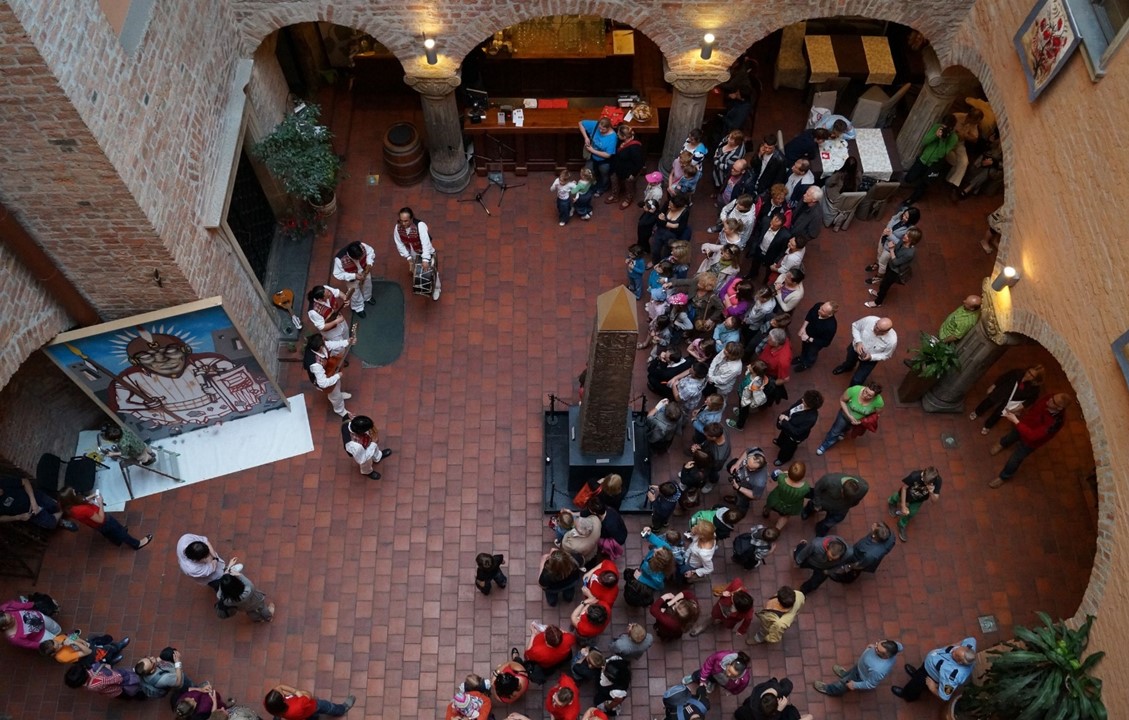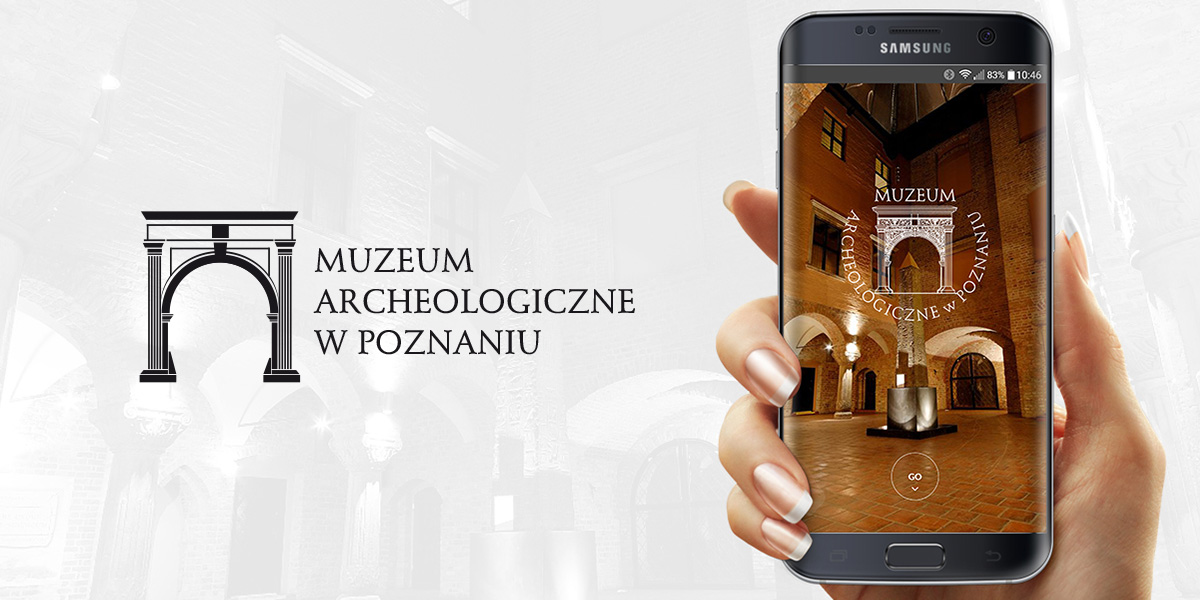Exhibitions
Departments
The Archaeological Museum in Poznań has started archaeological excavations at the eastern frontage of the Old Market Square. The research is connected with the planned renovation of the Old Market Square pavement and transformation of the area into the space of cultural events. This undertaking was commissioned by the Poznań City Hall – the Office for Coordination of Projects and City Revitalisation, in cooperation with the Municipal Officer for the Conservation of Historical Monuments and Estrada Poznańska. The scope of archaeological investigations precisely defines the extent of the planned investment, i.e. the construction of a retention tank in this place.
The archaeological trench, located along the eastern frontage of the Old Market Square, is the extension of the excavation area examined in 2015. As demonstrated by previous investigations, this quarter was used extensively in the Late Middle Ages. Finds uncovered in 2015 represent a wide range of objects belonging to the inhabitants of medieval Poznań, especially those from the fourteenth century.
The Main Square had always played a very special role in the functioning of the city, as a seat of municipal authorities and a communication and trade hub. The area in front of the Town Hall was of particular importance. The investigations carried out so far have brought to light the fragments of passageways, cobblestones as well as water and sewage facilities, providing a lot of information about the appearance and functioning of the medieval market. The next stage of research will allow the archaeologists to obtain further invaluable information about medieval Poznań .
The archaeological excavations are expected to last until spring 2021. The research manager is Kateriny Zisopulu-Bleja
Nasza strona internetowa używa plików cookies (tzw. ciasteczka) w celach statystycznych, reklamowych oraz funkcjonalnych. Dzięki nim możemy indywidualnie dostosować stronę do twoich potrzeb. Każdy może zaakceptować pliki cookies albo ma możliwość wyłączenia ich w przeglądarce, dzięki czemu nie będą zbierane żadne informacje. Dowiedz się więcej jak je wyłączyć. OK, Rozumiem





